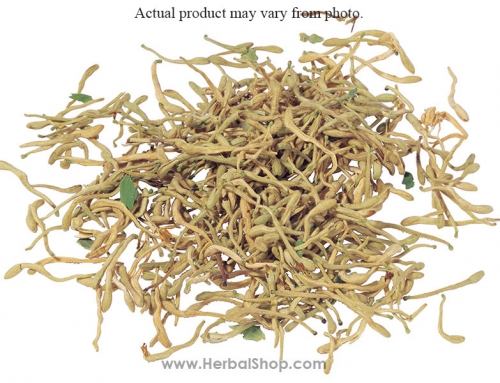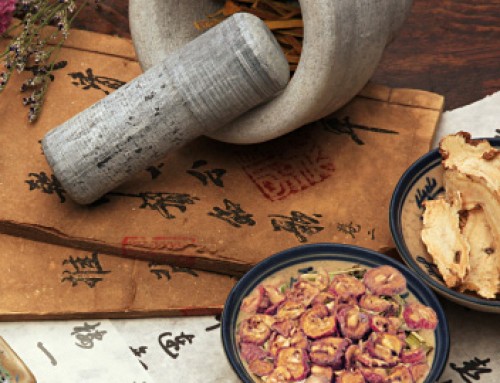犀牛角
Rhinoceros horn (Xijiao)
Pharmaceutical Name: Cornu Rhinoceri
Zoological Name: 1. Rhinoceros unicornis L.. 2. Rhinoceros sondaicus Desmarest. 3. Rhinoceros sumatrensis (Fischer)
Common Name: Rhinoceros horn
Source of Earliest Record: Shennong Bencao Jing
Part Used: The horn of the African rhinoceros is sawn into small pieces. Then, the pieces are steamed or boiled and cut into slices or ground into powder.
Natural Properties & Taste: Bitter, salty and cold
Meridians: Heart, liver and stomach
Therapeutic Effects:
1. To clear heat and relieve convulsions.
2. To cool blood and release toxins.
Indications:
1. Hemorrhagic disease due to extravasation of blood by heat manifested as vomiting with blood, epistaxis and subcutaneous bleeding. Rhinoceros horn (Xijiao) is used with Fresh rehmannia root (Shengdihuang), Moutan bark (Mudanpi) and Red peony (Chishao).
2. Fever, unconsciousness, delirium and convulsions. Rhinoceros horn (Xijiao) is used with Isatis leaf (Daqingye), Gypsum (Shigao) and Antelope’s horn (Lingyangjiao).
Dosage: 1.5-6 g
Cautions & Contraindications: Rhinoceros horn should not be mixed with Wild aconite root (Caowu) and Monkshood root (Chuanwu), and it must be used with caution during pregnancy.
Note: Although rhinoceros horn is a traditional medicinal substance, its scarcity encourages the common substitution of water buffalo’s horn.






